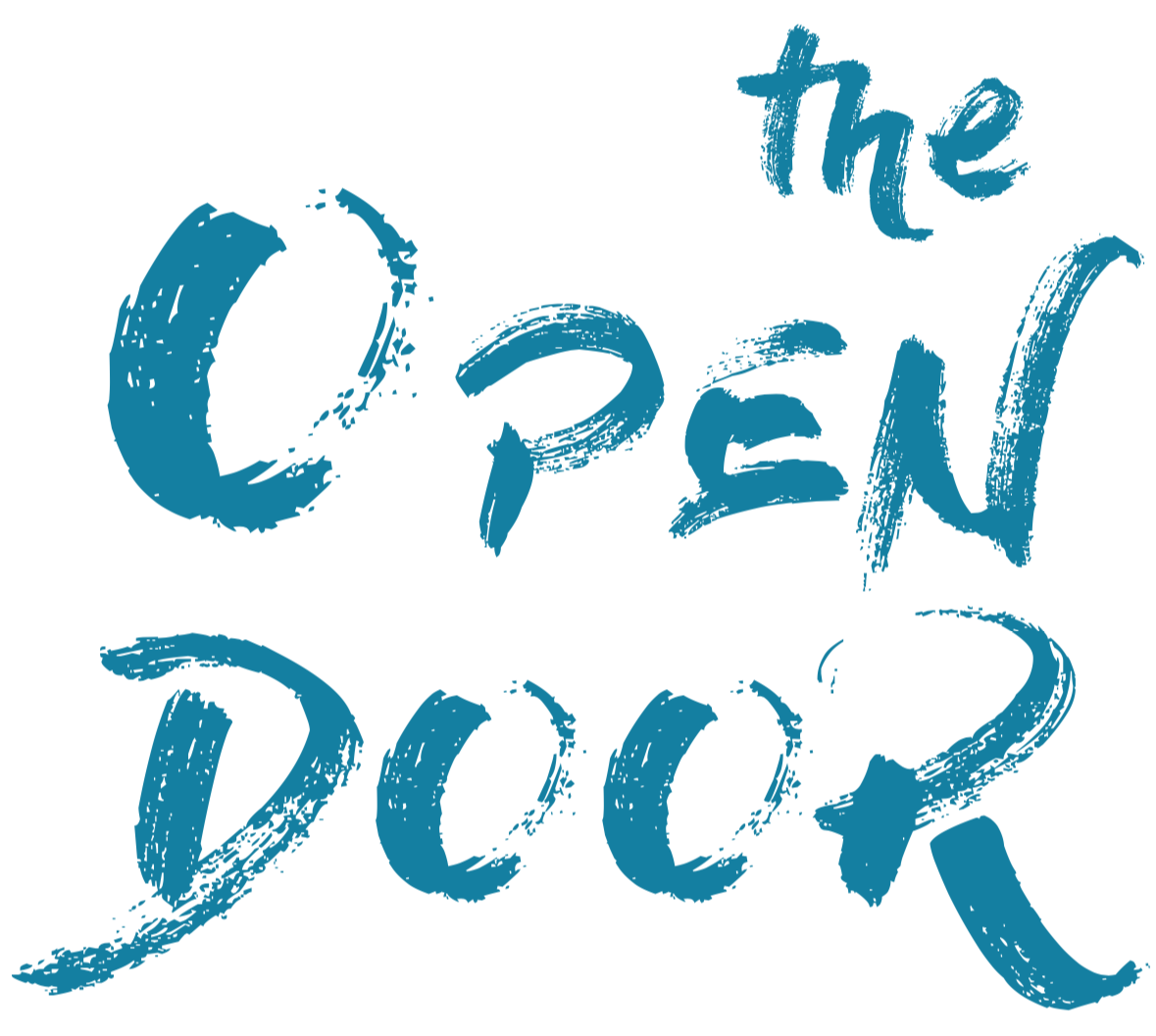The value of seeing ourselves afresh
By Chris Horton
Right now, would it be helpful to get a different perspective on your life?
One way to do that literally, of course, is simply to take a walk. There’s a memorable poem called Under The Mountain by the Anglo-Irish writer, Louis MacNeice, which places the reader as a hiker in the hills above their home, looking down on where they live to see it strangely unfamiliar, altered by their expanded view.
The poem seems to stress the value for us of periodically finding space and time to escape the close familiarity of our own lives. It acknowledges our shared existence as a place of deeply held contesting emotions, of strivings to make sense of ourselves in our relationships alongside our individual need to belong.
I grew up in the English Midlands, amidst rolling fields and woodlands but few hills. Back then it wasn’t possible for me to easily see my home town differently in relation to its setting. Now here in Lewes in my later years, I’m grateful to live in a landscape where chalk pathways allow different arial views of my home. I can regularly see my chosen town and its network of neighbouring streets that enclose me each day from a refreshingly bird’s eye view.
If we care to be open to this, walking out in the world offers us an equivalent internal space in which we can think and reflect. So it is no surprise that research regularly confirms the beneficial effects of walking in nurturing both our physical and our mental health.
Another important part of maintaining our mental health can be found when we go beyond walking and take the opportunity of talking.
And deciding to meet regularly to talk with an experienced therapist offers another important way to nourish our wellbeing. Through talking in a confidential space deliberately set apart from our daily activities, we can gain significantly different perspectives on our own life and our place in it.
In this way each therapy session can be seen as a metaphorical walk up and out of our familiar ways of thinking, feeling or behaving. And a series of therapy sessions can link together like the manageable stages of a longer walking trail, with all its connotations of purpose, adventure and challenge.
Similar to walking with another in a landscape, we have in our therapist a companion as a trusted talking partner. They can help us choose our direction each session we set out, encourage us on our explorations, share whatever views arise for us and accompany us back down each time.
Many of us can experience moments in our lives when we feel a sense of ‘stuckness’, characterised by an inertia around the life we are living. And it is often the case that setting out on the exploratory talks of therapy allows us - talk by talk - to rise above the familiarity of our stuckness and find new pathways in the landscapes ahead.
If you’d like to take a talk with me, please don’t hesitate to get in touch.
info@chrishorton.org / 07541 308196 / www.chrishorton.org
Under The Mountain
Seen from above
The foam in the curving bay is a goose-quill
That feathers…unfeathers…itself.
Seen from above
The field is a flap and the haycocks buttons
To keep it flush with the earth.
Seen from above
The house is a silent gadget whose purpose
Was long since obsolete.
But when you get down
The breakers are cold scum and the wrack
Sizzles with stinking life.
When you get down
The field is a failed or a worth-while crop, the source
Of back-ache if not heartache.
And when you get down
The house is a maelstrom of loves and hates where you –
Having got down - belong.
Louis MacNeice (1907-1963)
